University of California San Francisco
Give to UCSF-
-
Personalizing Prostate Cancer Screening May Improve Accuracy of Detection
Taking into account genetic factors that can change PSA levels not associated with cancer, the screening accuracy can be improved.

-
Makers of PFAS ‘Forever Chemicals’ Covered up the Dangers
UCSF’s analysis of previously secret industry documents reveals that the chemical industry suppressed knowledge of health harms caused by PFAS exposure, mirroring tactics used by the tobacco industry and highlighting the need for stricter regulation and precautionary principles in chemical regulation.

-
2023 Founders Day Awards
Nine faculty, staff and students were honored for their public service, excellence in nursing and exceptional service to UC San Francisco at this year’s UCSF Founders Day Awards event.
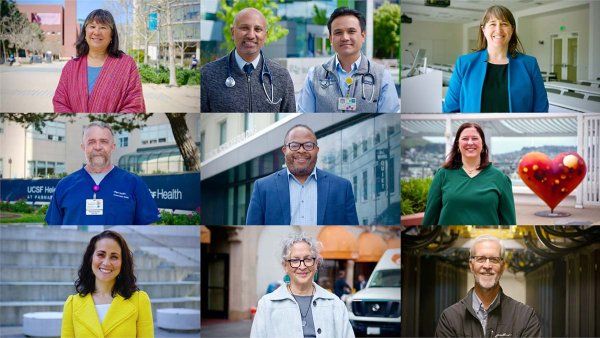
-
Beating Seizures by Jamming the Cellular Circuitry
UCSF researchers discover how gabapentin interacts with calcium channels, opening doors for more effective treatments in epilepsy and Lupus by influencing channel biogenesis.
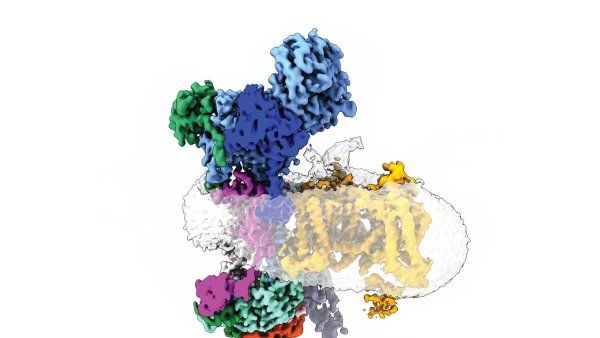
-
Why This Childhood Sleep Problem Could Lead to More Than Missed ZZZs
UCSF Benioff Oakland’s pediatric Sleep Lab has seen a rise in sleep apnea cases in children, emphasizing the need for diagnosis and treatment of sleep disorders in kids to prevent long-term health complications. The clinic offers state-of-the-art technology for observing and treating sleep disorders, benefiting both children and their parents by improving overall health and well-being.
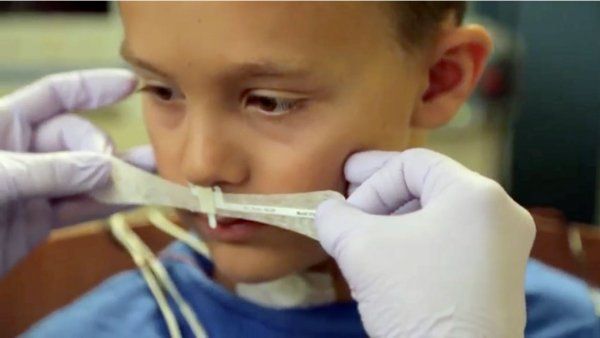
-
Can Hydrocortisone Improve Patient Outcomes from Septic Shock?
In sepsis cases, hydrocortisone is found to decrease the need for blood pressure-raising drugs and improves survival when used in combination with other corticosteroids.

-
For Many Asian Americans, Medical Interpreters Are a Vital but Scarce Resource
-
How Citywide’s ‘Magic’ Supports Clients with Serious Mental Illness
In partnership with UCSF, Citywide Case Management supports vulnerable residents with mental illness in San Francisco, providing integrated care and essential services to transform lives and create paths to recovery.
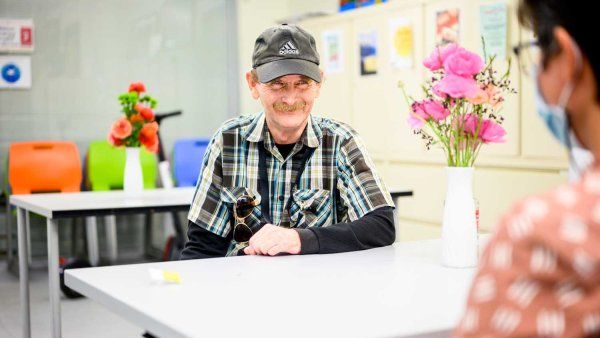
-
Is Heart Rate Behind Exercise Difficulty in Long Covid Patients?
While some patients recover from the effects of COVID-19, others experience the aftereffects long after the initial infection. UC San Francisco researchers are studying why some COVID-19 patients

-
Night to Remember: UCSF Transforms Hospital Into Dazzling Prom for Teen Patients
-
2023 UCSF Alumni Awards Honor Innovators and Care Providers
The Alumni Association of UC San Francisco (AAUCSF) has named the six UCSF Alumni Achievement Awards winners for their extraordinary contributions.

-
In the Brain, Scientists Find New Clues to Treating Chronic Pain
-
UCSF Health Seeks Public’s Help in Identifying a Patient
UCSF Health seeks the public's help in identifying a patient.

-
Has Science Cracked the Code on Chronic Pain?
In a first, researchers have identified chronic pain pathways in individuals directly from their neural activity, showing promising paths forward for treatment.

-
How School Health Clinics Help Students and Families Access Care
School-based clinics in Oakland provide comprehensive primary and mental health care to underserved students. Staffed by UCSF Benioff Children's Hospital Oakland, these clinics offer services from medical checkups to therapy, benefiting students' overall well-being and academic success.
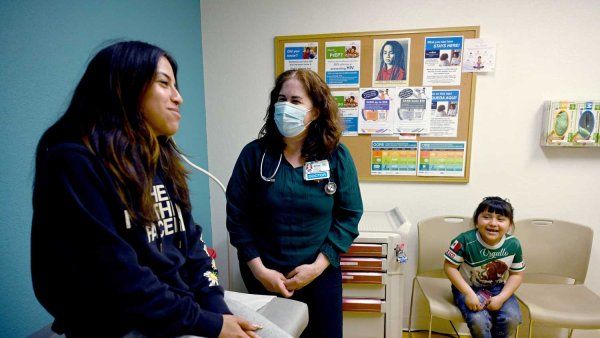
-
How COVID Stay-At-Home Orders Helped Breastfeeding Mothers and Babies
-
Breastfeeding Increased by 2 Weeks When Mothers Stayed Home
Breastfeeding duration increased for U.S. women who were able to work from home during COVID, suggesting that a lack of paid family leave policies is a barrier to longer breastfeeding in the US.

-
New Pediatric Mental Health Building Expands Care for Kids
With the help of philanthropic support, UCSF Benioff Children’s Hospital Oakland opened a new behavioral health clinic for children.
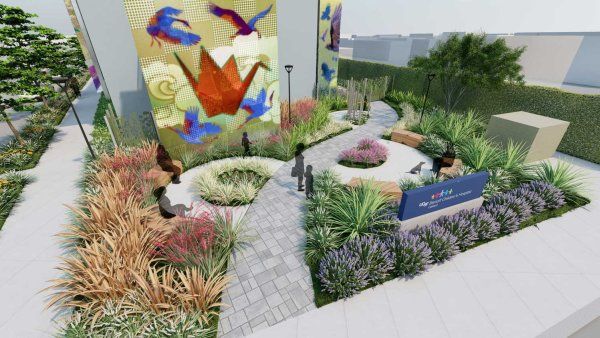
-
Chemical Exposure May Raise Your Risk for Parkinson’s
Exposure to trichloroethylene (TCE), a chemical found in the air, water, and soil, may increase the risk of Parkinson's disease by 70%, according to a UCSF study. TCE is commonly used today as a degreasing solvent.
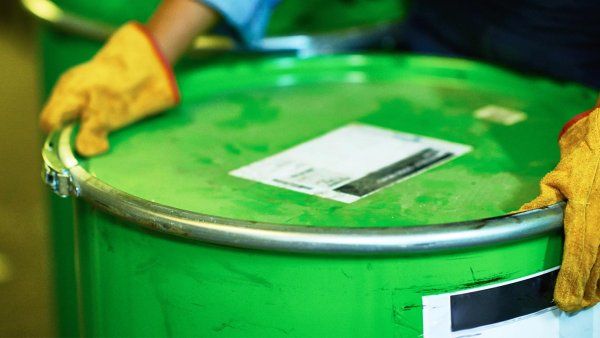
-
Does Exercise Rejuvenate Blood, Improve Cognitive Function?
Saul Villeda, the 2023 recipient of the Byers Award, delivered a lecture titled "Blood Work and the Brain: Deciphering the Language of Cognitive Rejuvenation." His research focuses on understanding the biological mechanisms behind cognitive decline with age and exploring potential ways to reverse it.
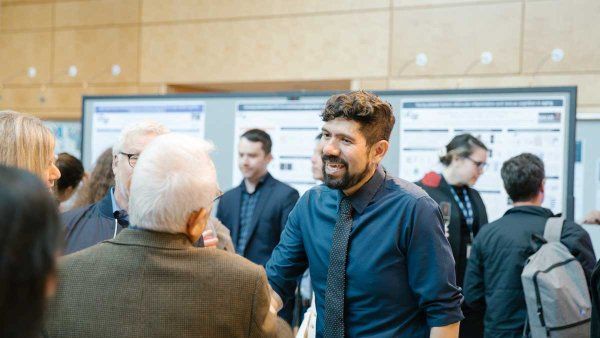
-
Two UCSF Faculty Named to New Group of HHMI Scholars
UCSF faculty members Walter G. Gonzalez and Angela Phillips have been selected as Howard Hughes Medical Institute (HHMI) Freeman Hrabowski Scholars. With up to $8.6 million in support, they will conduct research, create inclusive lab environments, and make a significant impact on the future of science. Both scholars are committed to fostering diversity and promoting scientific breakthroughs.
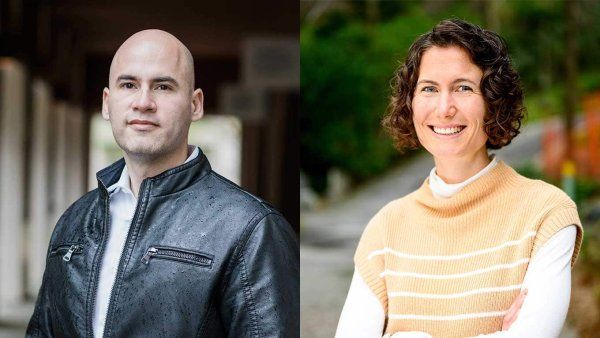
-
How Midwifery Went from Radical Concept to Transformative Care
At ZSFG, UCSF nurse midwives revolutionize birthing options and promote holistic, person-centered care for families in the Bay Area.
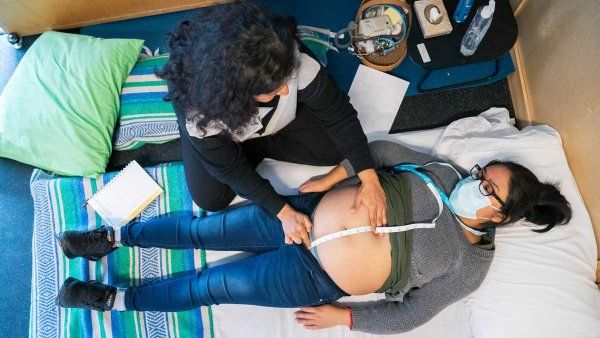
-
UCSF Profile: Suzanne Barakat Confronts Grief, Hate and Bias with Courage and Action
Suzanne Barakat, MD, resiliently fights hate and promotes inclusivity. She has led discussions on Islamophobia at the White House, advocating for unity and change.
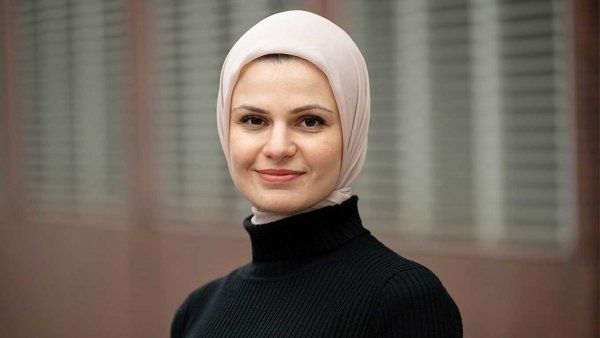
-
UCSF Commits to Local Hiring Goal to Foster Economic Opportunity
UCSF commits to hiring 10% of new employees from local underserved communities by 2027, supporting economic opportunity and health equity. The commitment also includes investments in workforce development, financial stability and leadership diversity.
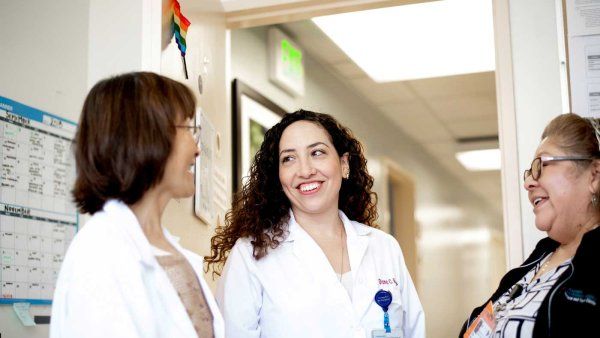
-
Using AI to Predict an Important Measure of Heart Performance
Deep neural networks (DNNs) can be used to collect data that predicts cardiac pump function.

-
Scientists Discover a Deadly Brain Cancer’s Hidden Weakness
UCSF scientists have found that brain cancer glioblastoma can cause cognitive decline by affecting neural connections, but the epilepsy drug gabapentin shows promise in blocking this activity, offering hope for new treatments.
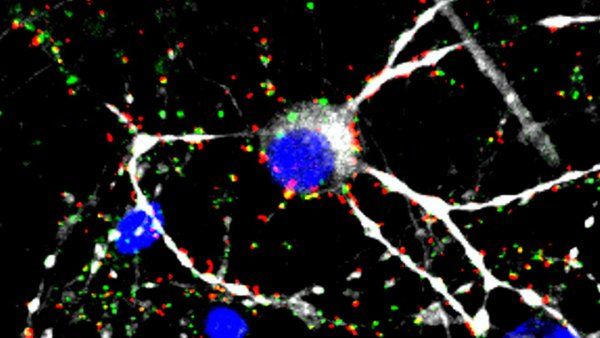
-
US News Ranks Medical and Nursing Schools in Top 10
UCSF’s School of Medicine remains the only school that ranked in the top five for training in both research and primary care by US News & World Report’s Best Graduate Schools. The UCSF School of Nursing was ranked 10th.
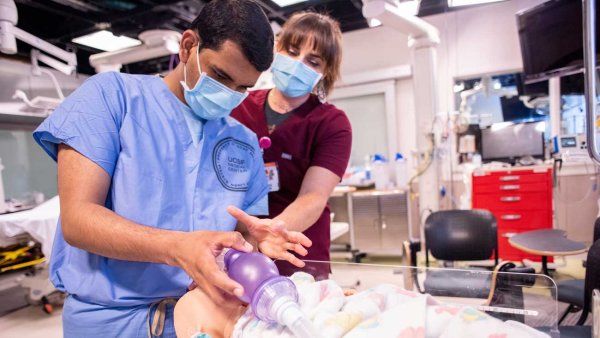
-
UCSF Health Receives Excellence Award for Health Equity Efforts
UCSF Health was named a Quality Excellence Award winner for its efforts to improve health equity for Black patients with hypertension.
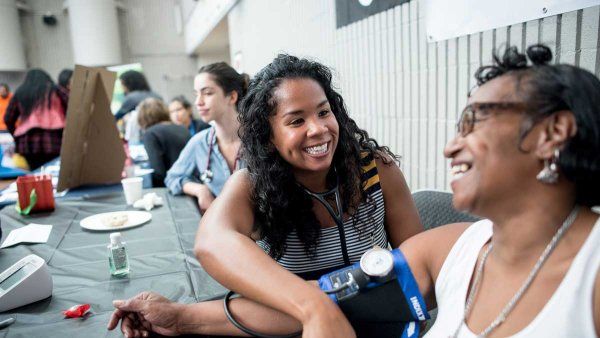
-
Does Your Vaccine Type Matter in the Battle Against COVID?
COVID vaccine efficacy varied by age, BMI, sex, and smoking status, with levels changing over six months in a UCSF-led study. Pfizer and Moderna had higher antibody responses than Johnson & Johnson at one month, but Johnson & Johnson overtook them at six months.
